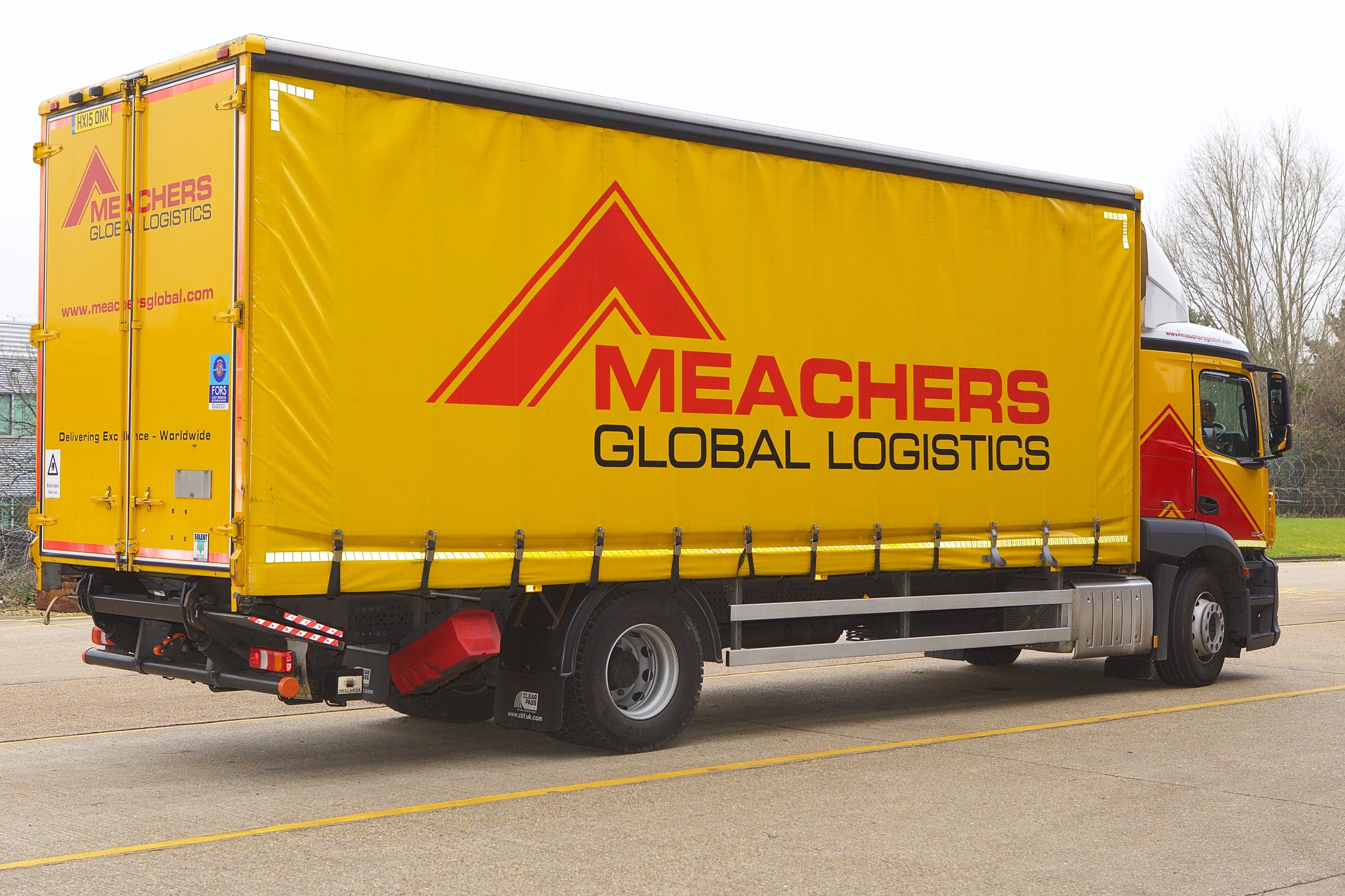
We are now two years on from the result of the EU referendum. The impact of Brexit on business and the workforce is a primary concern for many.
The fundamental issues remain of:
- What will be the terms of trade between the UK and the EU
- What processes will be required to navigate our Ports of Entry
- The impact to EU citizens living and working in the UK
Around 90 weeks remain till the end of the Transition Period, 31.12.2020 when we will leave the Customs Union and single market. There are doubts on whether this is enough time for new UK border and customs infrastructure to be installed, tested and implemented at our ports and airports. Mutual agreements need to be struck on many more transport related items such as the right to fly for airlines, the Common Customs Tariff , international haulage permits and driving licences to name just a few.
Remember this is a political deal and “nothing is agreed until everything is agreed”. The Prime Minister has promised to accelerate negotiations while planning a “rainbow tour” of the EU27 to talk directly to each member state.
Soundings have suggested that a longer “implementation period 2.0” of 3 – 5 years is likely to be accepted within the Cabinet for “technical reasons” and as long as an end is in sight. This will depend on the EU, they don’t appear to be in a compromising mood.
The Home Secretary has recently announced the registration process for EU Citizens who entered the UK before the transition period.
HMRC has been quoted as accelerating work on its contingency plans of handling declarations in the event of a “no-deal” Brexit next March.
So what advice can be given to the 145,000 ‘EU only’ traders who may need to make customs declarations as early as March 2019, dependent on the EU exit deal or no-deal?
At the time of writing they like us will await news from the Government as they grapple to negotiate possible solutions, but you can still apply constructive ambiguity.
- Know your data. Make sure you know the 8 digit commodity code for your goods which will be needed for either pre or post declaration and for a duty liability decision.
- Think about your supply chain. How will you manage any additional customs compliance and additional storage.
- UK Government has released two Brexit papers where scenarios offer Authorised Economic Operators (AEO) the potential of customs simplifications.
- Apply for an Economic Operator Registration Identification (EORI) number now and avoid delays, there are backlogs now.
- If you are importing and then re-exporting to the EU have you considered the risk of “double duty” where goods would incur duty first in the UK and then again in the EU. Schemes such as Inward Processing may be the answer.
A recurring theme from politicians and business leaders from all sides of the debate is that the pace of change we are experiencing including, but not exclusive to Brexit is greater now than any of us have experienced in our lifetimes.
The lack of hard fact on what is going to happen at the end of the Transition Period, 31.12.2020 suggests “Be Prepared” get an Economic Operator Registration Identification (EORI)number and start the process of getting Authorised Economic Operators (AEO) approved.









